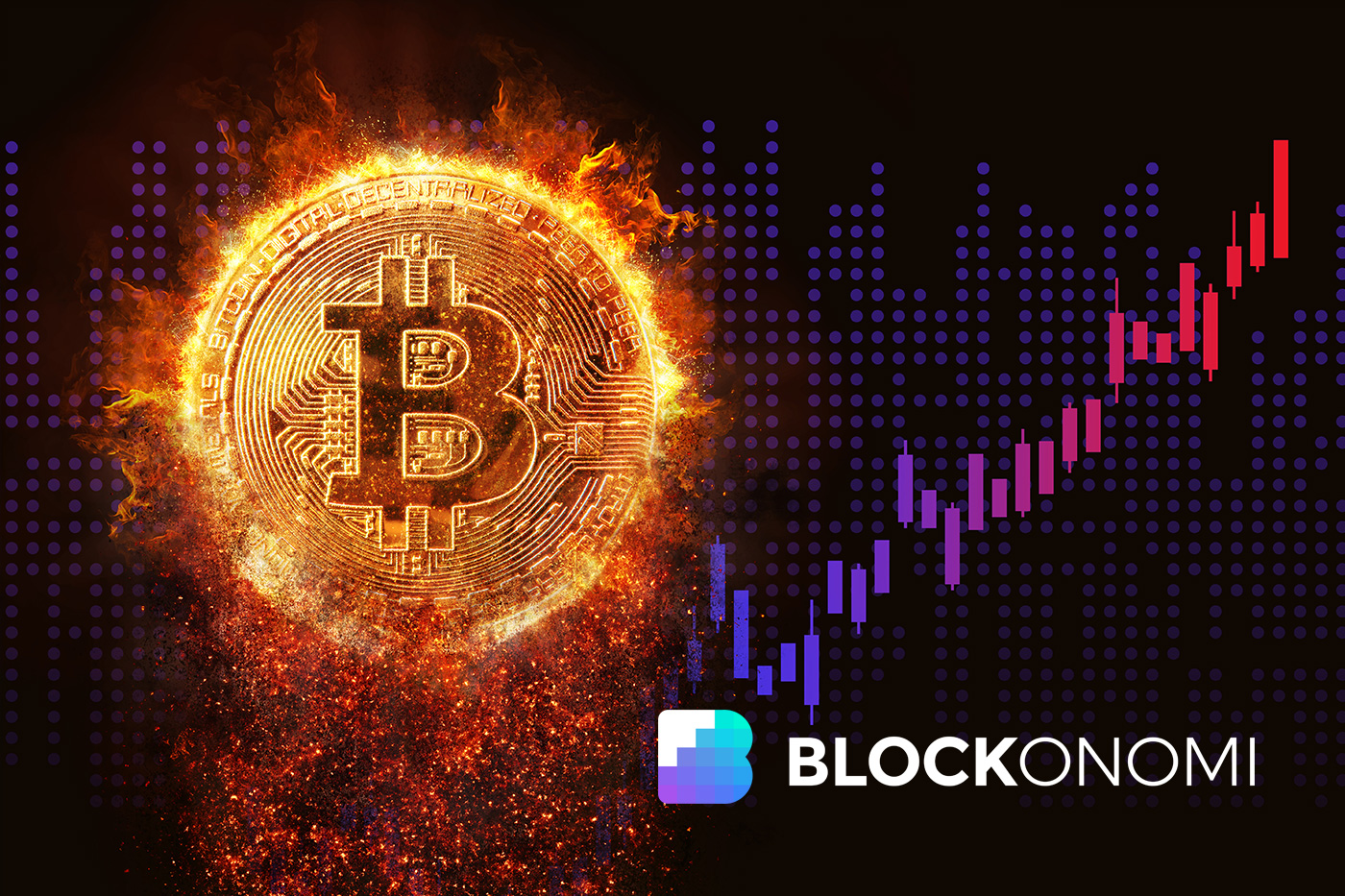
According to the Bureau of Economic Analysis released on Thursday, the U.S. Gross Domestic Product (GDP) declined by 0.9% in the second quarter.
Consumer spending, the key factor that plays a significant role in the country’s GDP growth, increased by only 1%. In comparison to Q1/2022, the hike rate is insignificant.
It looks like a US downturn is good for cryptos prices, as the entire crypto complex is trending up as the recession bites.
Recession And Crypto?
The GDP result in Q1/2022 was also negative growth with a decline of 1.6%. With two consecutive quarters of negative GDP growth, the United States is technically in a recession. White House Press Secretary Karine Jean-Pierre, on the other hand, publicly stated that it is not how we define “recession.”
It is indeed halfway true; we’re not officially in recession until the National Bureau of Economic Research NBER will eventually consider it one.
The American private non-profit organization began its operation in 1920 with a mission to conduct “economic research and disseminate unbiased economic research among public policymakers, business professionals, and the academic community.”
The NBER has the authority to determine whether or not the United States is in a recession.
Recession, as NBER defined it, is a large decline in economic activity that is widely spread and lasts more than a few months. The most accepted definition of a recession is two consecutive quarters of negative GDP growth.
The last time the US GDP declined for two consecutive quarters was in early 2020, as a result of pandemic lockdown and re-openings.
The NBER did not need to wait for the second quarter GDP to declare the US recession in June 2020. Then, official figures revealed that the world’s largest economy’s GDP fell by a record 33%.
Inflation Supports Token Prices
Inflation rate of 9.1% marked the worst inflation in four decades, and the FED decided to hike interest rate by 75 basis point despite hurting the economy. Consumption expenditure is in significant decline as consumers have to reduce spending as price surges.
It’s simple to envision the status quo, but it gets hard when you try to calculate interest rate hikes.
The Fed chairman also did not rule out the possibility of raising interest rates by bigger basis points at the next meeting. FED Chairman Jerome Powell told reporters. that the Fed will continue to raise interest rates until it is certain that inflation is returning to its 2% target.
Crypto Market Holds Up
Both the FED’s decision and the GDP report could come out as predicted. Ahead of important information that would be released this week, it looks like that the crypto market was well-prepared.
According to CoinMarketCap data, Bitcoin price suddenly skyrocketed to nearly $24,000 after the FOMC Meeting. Currently, the highest trading value of this digital currency in the last 24 hours is $23,850 at the press time.
After going through a series of swings during the past few months, Bitcoin is seeking to stage a steady rally.
According to estimates provided by CoinMarketCap, Bitcoin’s market value has continued to rise, reaching $455 billion. This pushes the total value of the cryptocurrency market capitalization beyond $1 trillion.
Bitcoin has had two strong rallies after the US Federal Reserve (FED) increased interest rates by 0.75 percentage points, the price of bitcoin had two robust rallies.
In the past, this action taken by the Fed had a tendency to bring about a decline in the market.
The world’s largest cryptocurrency rebounded strongly over 8%. Ethereum is currently trading around $1,700. Other altcoins such as Binance (BNB), Cardano (ADA), XRP, Solana (SOL) have all climbed slightly over the last 24 hours.
Powell suggested that the pace of interest rate hikes may decrease, but in this moment, no one knows where this will all go.
- Bitcoin
- blockchain
- blockchain compliance
- blockchain conference
- Blockonomi
- coinbase
- coingenius
- Consensus
- crypto conference
- crypto mining
- cryptocurrency
- decentralized
- DeFi
- Digital Assets
- ethereum
- finance
- machine learning
- non fungible token
- plato
- plato ai
- Plato Data Intelligence
- Platoblockchain
- PlatoData
- platogaming
- Polygon
- proof of stake
- W3
- zephyrnet












